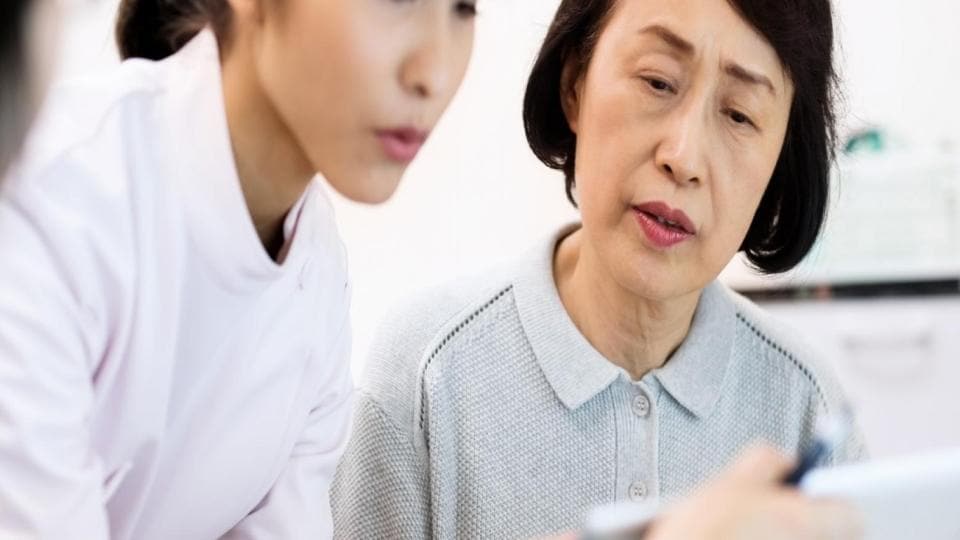Taiwan’s Landmark Legislation is Good News For The Innovative Pharma Industry

- Health at Bayer
-
Pharmaceuticals
- Treatment Areas
- Innovation & Technologies
- Cell and Gene Therapy
-
Sustainability
- Patient Access Charter
- Leadership Perspective
- Strengthening Healthcare Access
- Moving Non-Communicable Diseases Care Forward
- Ensuring a Sustainable Product Supply
- Delivering Better Cancer Care
-
Empowering Women, Globally
- Boosting Family Planning Usage through Digital Channels
- Capacity building: Addressing Root Causes through Partnerships
- Impact at Scale: The Challenge Initiative
- Promoting Awareness: World Contraception Day (WCD) & the Your Life Campaign
- Providing Accessible and Affordable Contraceptives
- Enabling Family Planning in Humanitarian Settings
- Fighting Neglected Tropical Diseases
- Transparency
- News & Stories
- Personal Health
- Report a Side Effect
- Medical Counterfeits
Taiwan’s legislative body, the Yuan, passed amendments to the Pharmaceutical Affairs Act to establish a patent linkage system which was welcome news for innovation in the pharmaceutical industry and the protection of valuable drugs.
Patent Linkage Systems
Without effective patent protection, product development and investment in R&D in the heavily regulated pharma sector are not profitable. Companies like Bayer safeguard investments and protect the R&D outcome against copying by those who do not incur this cost and risk. Intellectual property rights prevent third parties from reproducing a new product without the innovator’s consent for a limited period of time.
Until now, the licensing of new drugs and market approval were separate procedures in Taiwan, leading to the approval of many generic drugs while the original was still patent-protected. A 2012 study found that since the year 2000, 65 generic drugs had been approved whilst the original drugs were still patent-protected causing lengthy court battles and disruption – a risky and costly process for both parties.
The introduction of a patent linkage system is an effective mechanism for determining whether an original pharmaceutical product is patent-protected before a generic version of the product can come to market1. Patent linkage systems connect the marketing approval or reimbursement status of generic medicines to the patent status of the original products.
Under current regulatory data protection provisions, a new drug is protected from the approval of a generic for 5 years. Based on the revisions of the Pharmaceutical Affairs Act, an additional 3 years of exclusivity will be added for new indications with international data, which could be extended to 5 years if the clinical trials are conducted in Taiwan.
The Taiwanese patent linkage system is expected to closely resemble the longstanding U.S. “Orange Book” system which lists approved drug products and all applicable exclusivities, including patents. Both pharma companies and generics alike will benefit from clear guidance, with the ability to resolve legal disputes early on in the process, avoiding launches that disrupt the market for the branded, patent-protected product and incur damage risks for the generic.
Patent linkage has been on the agenda in Taiwan since 2006 and was a regular topic of discussion during formal trade talks between Taiwan and its trading partners. The new steps come as a collaborative effort involving industry players, government agencies and legislators.
A step towards enhancing Taiwan’s life sciences industry
The patent linkage system is very positive news for Taiwan’s efforts to expand its life sciences industry and creates a climate that is attractive to foreign investment from biopharmaceutical companies. By demonstrating a commitment to the protection of intellectual property in general, the decision by Taiwan is sure to boost confidence in prospective multinational investment, making Taiwan an attractive location for foreign investors.
This is a welcome decision which is strongly supported by Bayer. We hope that the Ministry of Health and Welfare of Taiwan, together with the Taiwan FDA, put this new system into operation without undue delay.
Sources:
1 European Generic Medicines Agency, Patent-related Barriers to Market Entry for Generic Medicines in the European Union: http://www.ieis.org.tr/ieis/assets/media/EGA%20-%20IP_Barriers_web.pdf ; Last accessed May 2018





























